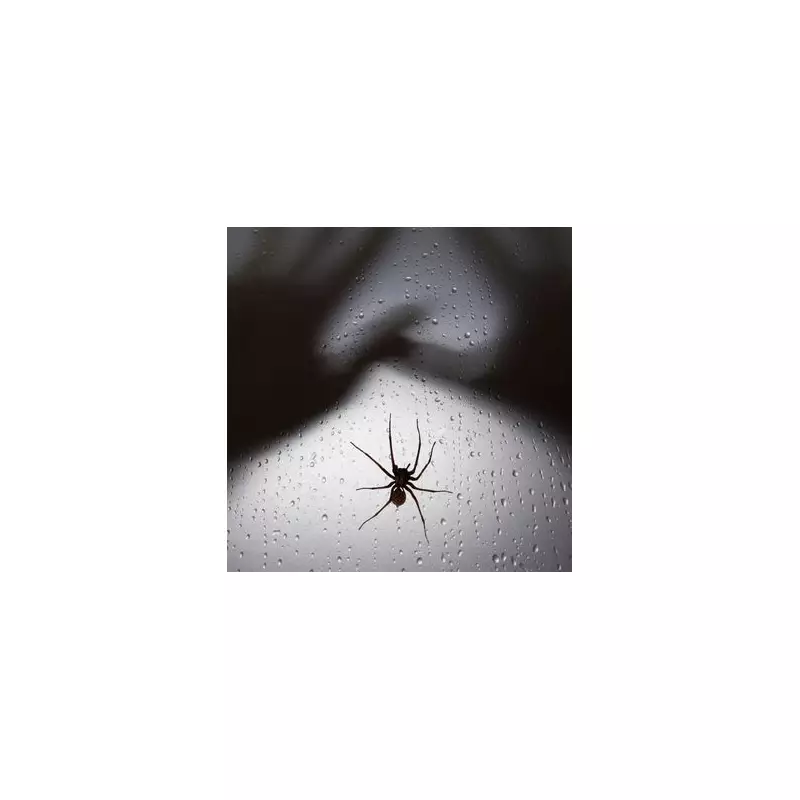
As autumn leaves begin to fall and temperatures drop, many British households face an annual invasion of eight-legged guests seeking warmth and shelter. While traditional methods exist, these nine unusual approaches could revolutionise your spider-proofing strategy.
The Power of Scent: Nature's Spider Repellent
Spiders navigate their world largely through scent, making certain aromas particularly offensive to their sensitive systems. Unlike humans who might enjoy citrus freshness, spiders find these scents overwhelming and will actively avoid areas where they're present.
1. Citrus Peel Power
Rather than discarding your orange and lemon peels, place them strategically near potential entry points. The natural oils in citrus fruits contain compounds that spiders find particularly repellent, creating an invisible barrier they're reluctant to cross.
2. Essential Oil Defence
Create a simple yet effective spider deterrent by mixing peppermint, tea tree, or lavender essential oils with water in a spray bottle. Apply this natural solution around windows, doors, and other entry points weekly for continuous protection.
3. The Chestnut Conundrum
An old wives' tale that continues to baffle experts, placing conkers (horse chestnuts) around your home appears to deter spiders through means science hasn't yet fully explained. Many households swear by this traditional method, making it worth trying alongside other approaches.
Environmental Modifications: Making Your Home Less Inviting
4. Lighting Strategy Overhaul
Outdoor lighting acts as a beacon for the insects spiders feed upon. By switching to yellow-toned bulbs or repositioning lights away from direct entry points, you can significantly reduce the food source that attracts spiders to your property.
5. Declutter Defence System
Spiders seek quiet, undisturbed areas to build their webs and lay eggs. By reducing clutter in storage areas, behind furniture, and in rarely-used corners, you eliminate the peaceful habitats spiders prefer.
6. Seal the Deal
Conduct a thorough inspection of your home's exterior, paying close attention to gaps around pipes, windows, and doors. Even the smallest openings can serve as gateways for determined arachnids seeking winter accommodation.
Unconventional Approaches Worth Trying
7. The Vacuum Solution
Regular vacuuming does more than remove existing spiders and webs—it eliminates the tiny prey insects and egg sacs that sustain spider populations. Focus on skirting boards, corners, and beneath furniture where spiders typically reside.
8. Furniture Rearrangement
Moving beds and large furniture away from walls creates a psychological barrier for spiders, who prefer to travel along edges and corners. This simple adjustment can significantly reduce nighttime encounters.
9. Natural Predator Encouragement
While it might seem counterintuitive, encouraging certain spider predators like specific bird species around your property can help maintain a natural balance that keeps indoor invasions to a minimum.
Remember that most UK house spiders are completely harmless and play an important role in controlling other insect populations. These methods focus on gentle deterrence rather than harm, allowing you to maintain a spider-free home while respecting our eight-legged cohabitants.





